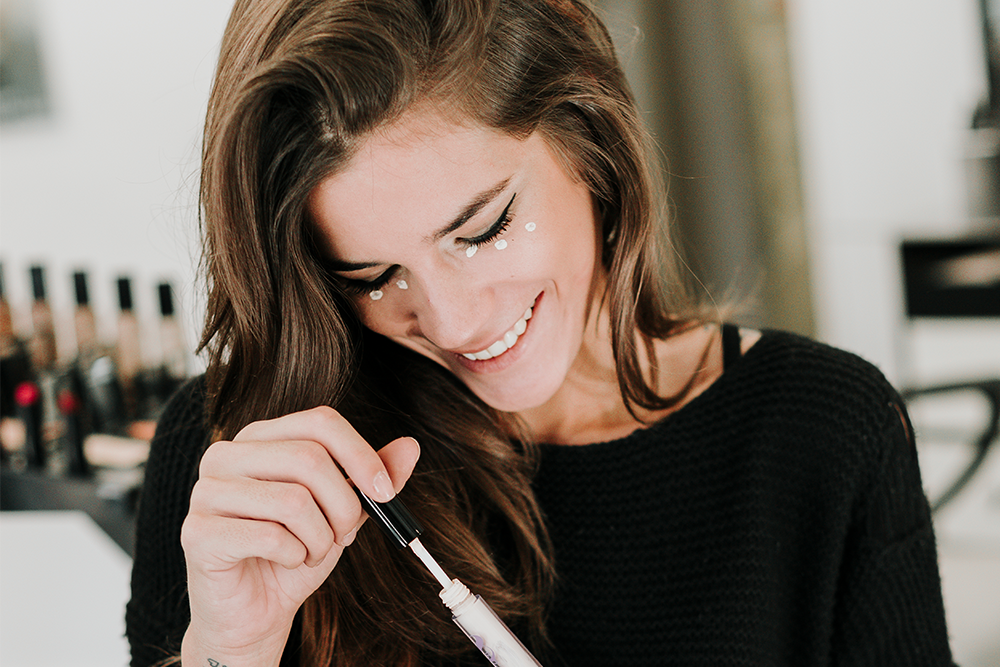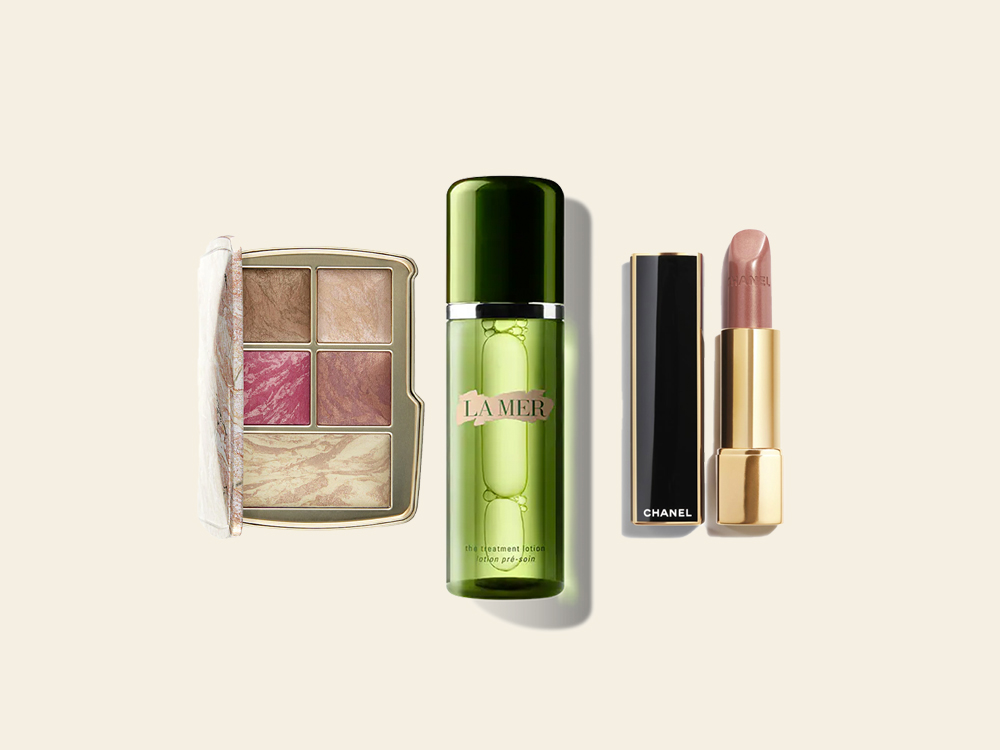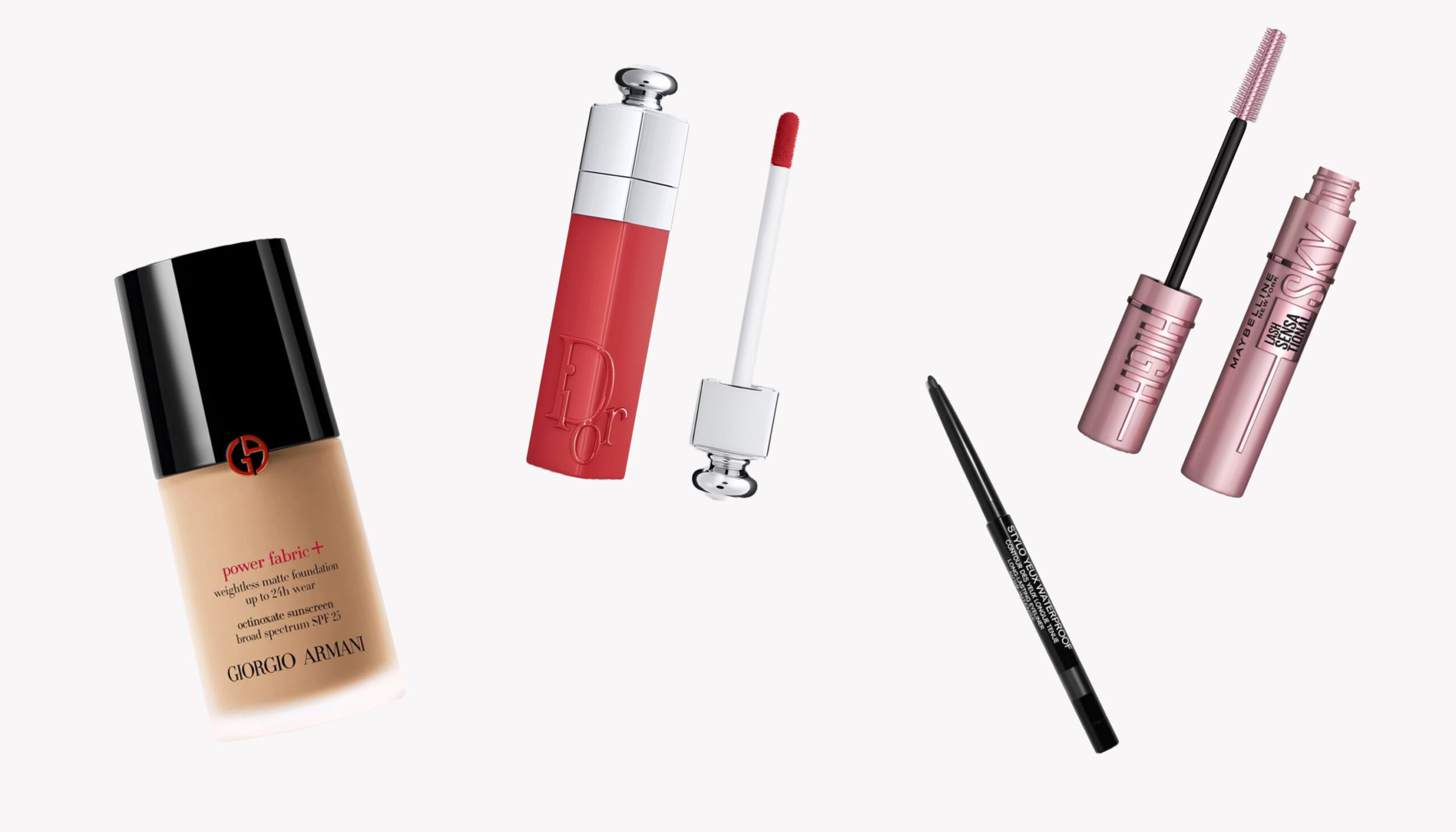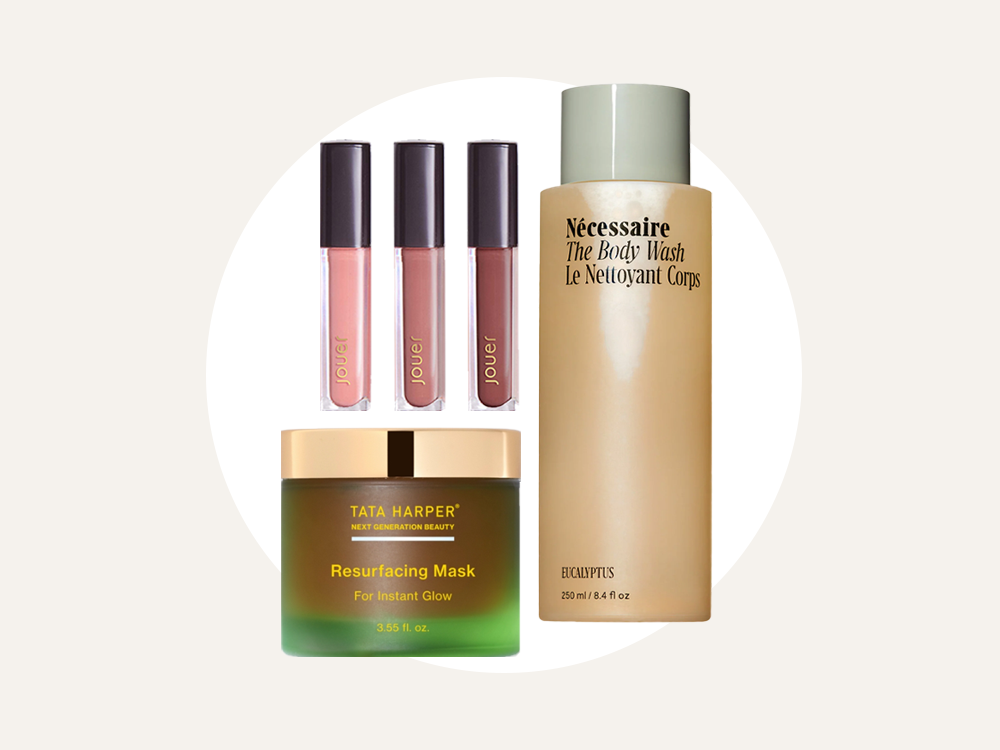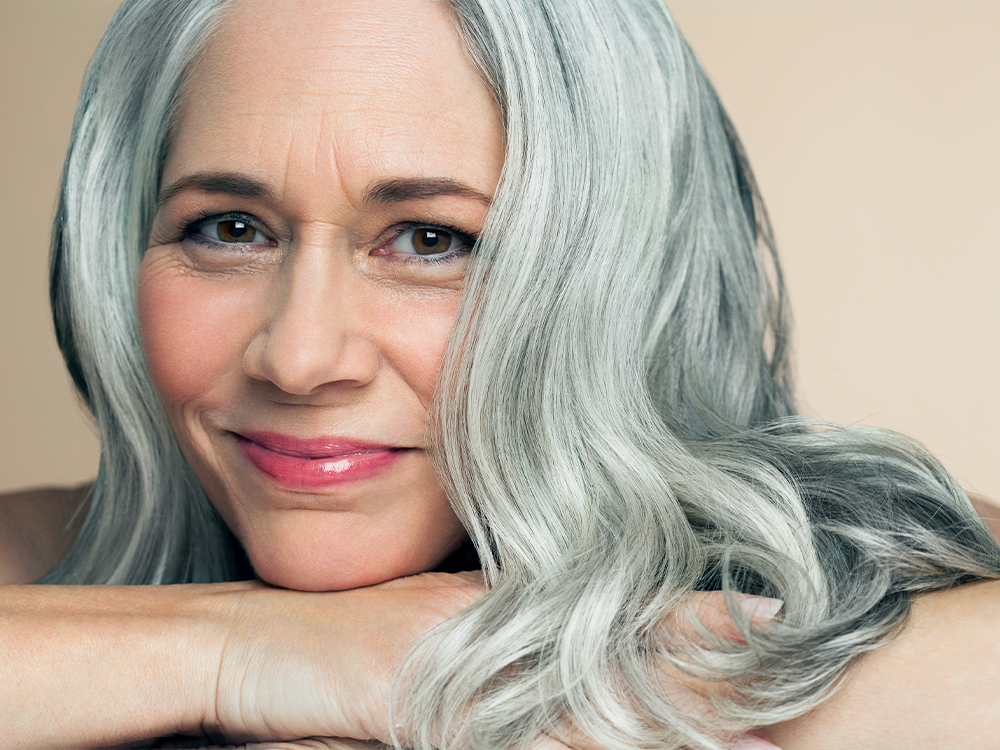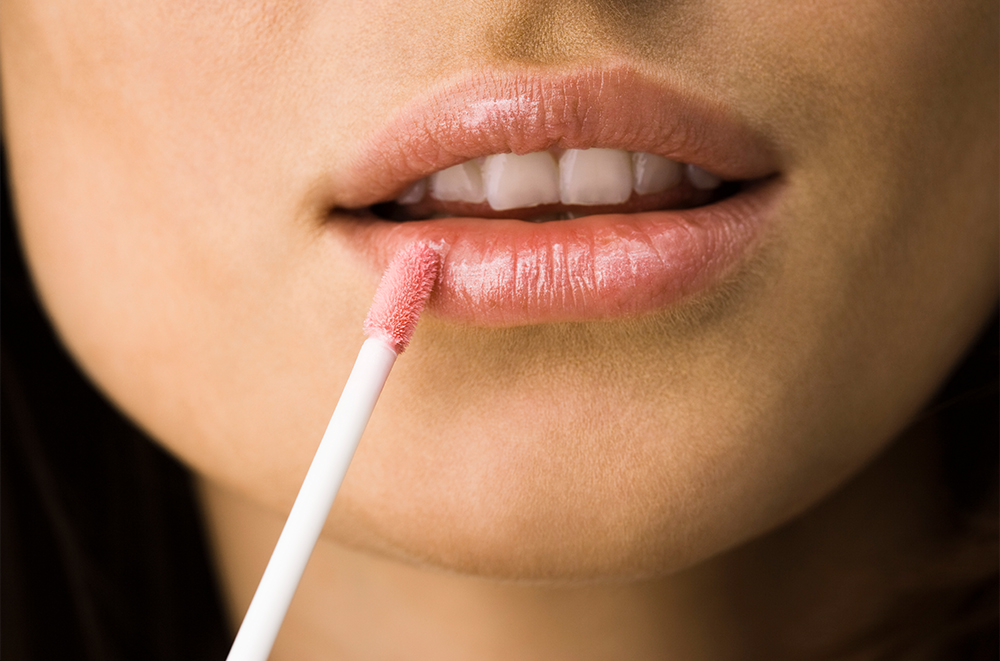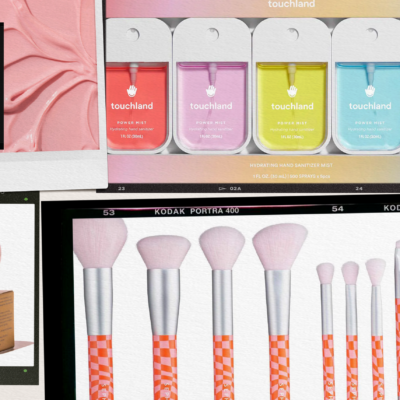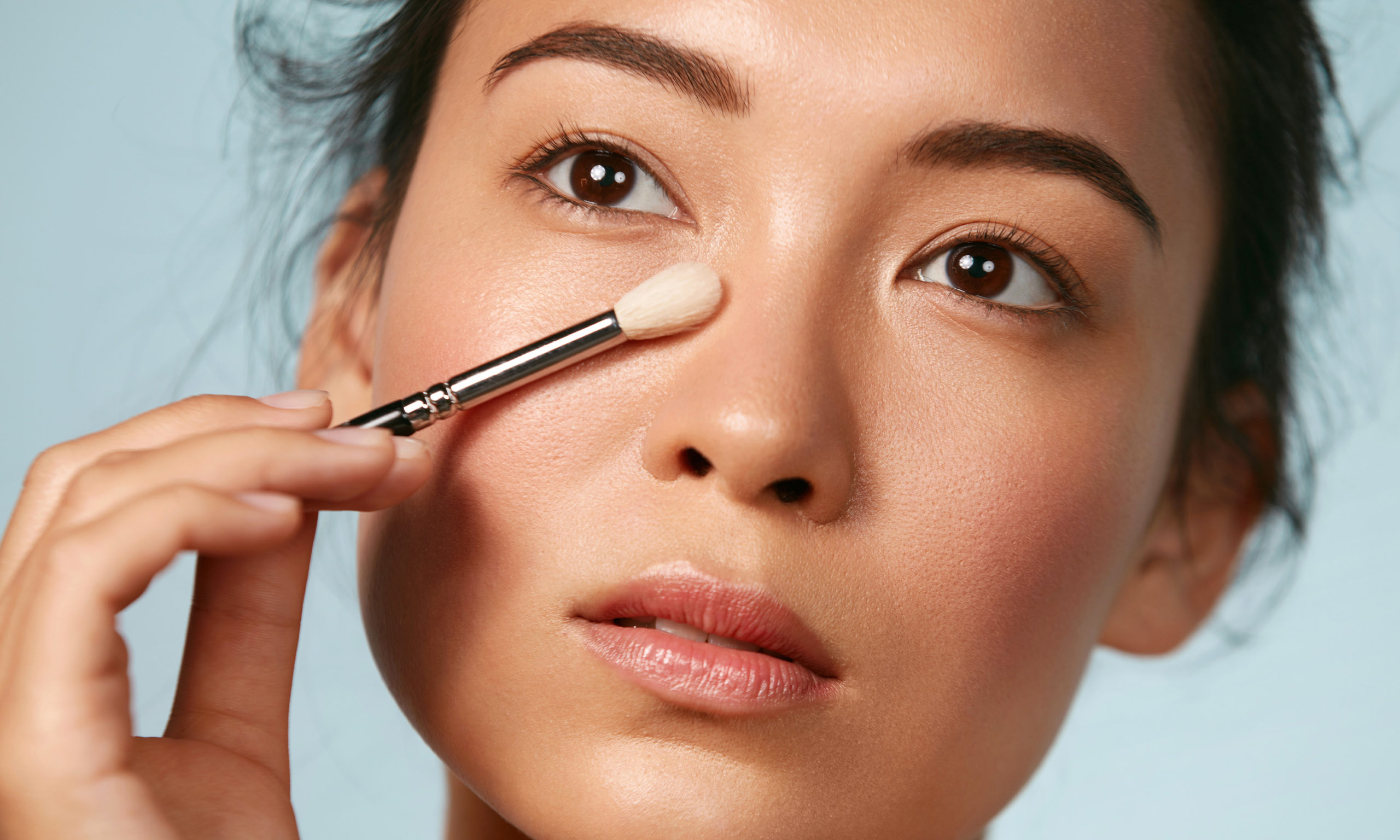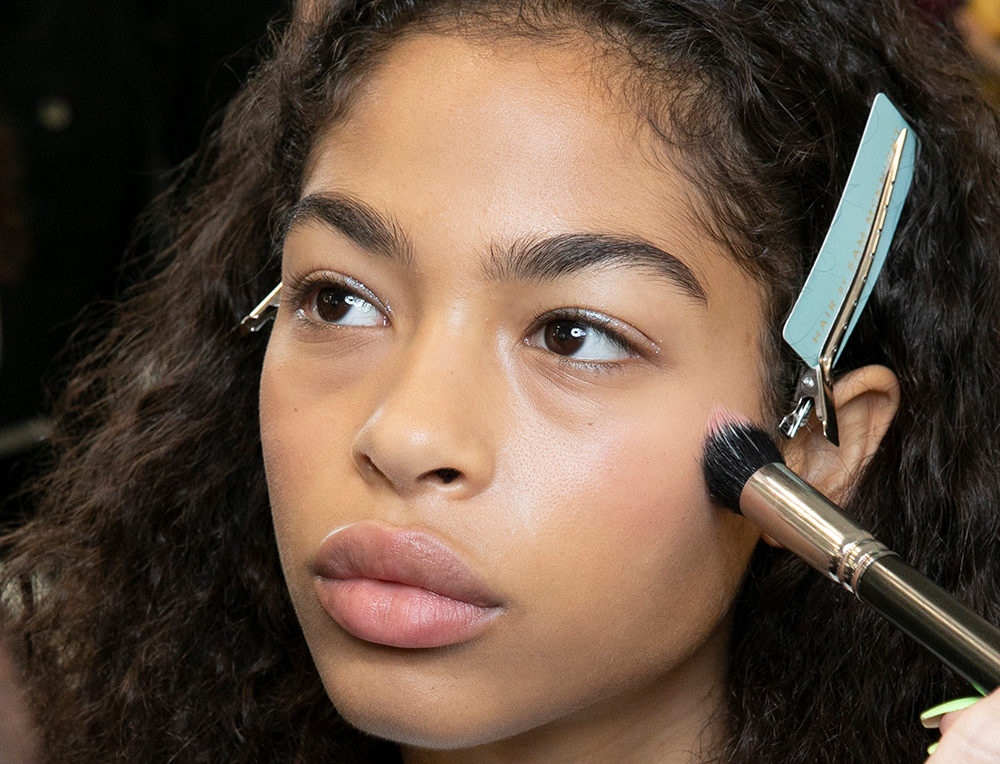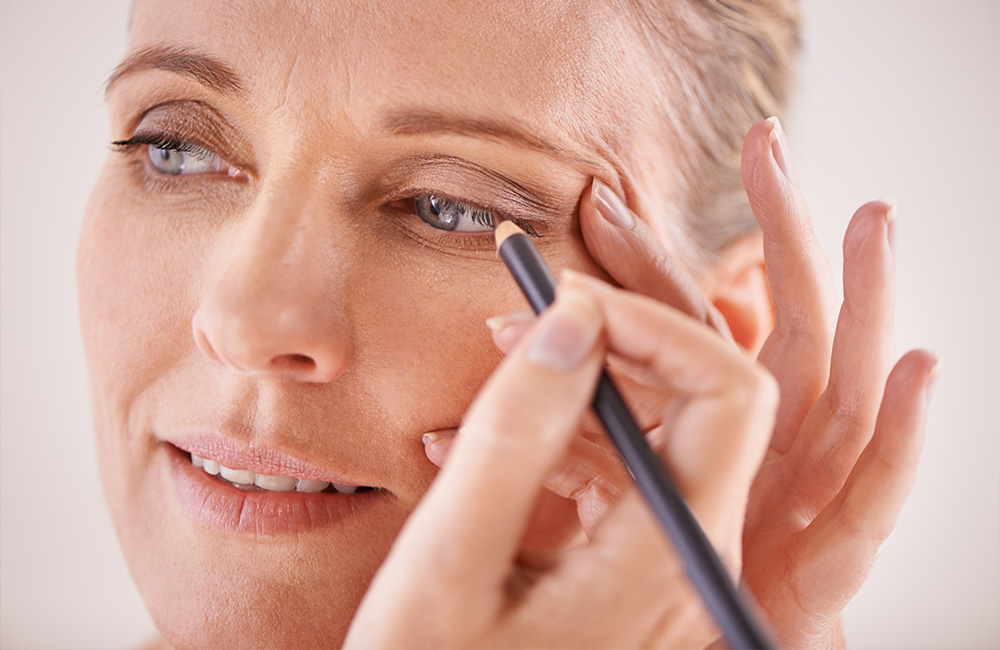There’s no denying the novel coronavirus has created a worldwide crisis, and it’s quite possibly going to be much worse before it gets better. While it is important to stay calm and avoid panic, it’s also critical, more than ever, to pay as much attention as possible to avoiding germs and any kind of contamination.
We know all about washing our hands, but it goes beyond that. When considering our daily skin-care routines, we should be taking steps to protect skin and products from the bacteria, particles and other pathogens we encounter all day, without even realizing. Below, eight ways to modify our routines, straight from the pros.
You May Also Like: LVMH Halts Production of Fragrances to Manufacture Free Hand Sanitizer
Wash your hands.
Whether at the spa, a bathroom, or just after lunch, a thorough hand wash is what we expect from ourselves and from people at the spa or salon. “It starts with good and frequent hand washing,” says Thousand Oaks, CA dermatologist Peterson Pierre, MD. “Your hands touch a lot of different people and surfaces and things throughout the day that can harbor bacteria, so frequent hand washing is the logical first step,” he adds. That also includes before using any skin-care product or makeup, so make sure to wash your hands to avoid contaminating your favorite products. Rule number one: always wash your hands with an antibacterial hand soap for 60 seconds. Sing happy birthday twice—the time will fly!
Wash your makeup brushes.
Give your makeup brushes and sponges a good, regular wash—at least once a month—to eliminate any bacteria that may be living there. Washington D.C. dermatologist Tina Alster, MD contends we should “disinfect all makeup brushes—including handles—compacts, lipstick, lip gloss, mascara containers, etc. with 70 percent alcohol or dilute bleach before each use.” Another way to curb bacteria found on our makeup? “Sharpen all makeup pencils before use,” adds Dr. Alster. This includes eyeliner, lip liner or anything of the sort.
When applying makeup or skin care…
Rather than putting your fingers into your favorite product jar, use a spatula or pour some of the product into your palm to avoid contamination, and keep from introducing germs into your products. Dr. Alster adds: “Use a clean brush or sponge to apply makeup—do NOT use your fingers. And remember to clean or throw away the brush or sponge after application.”
Shop smarter.
Products with pumps are a great way to limit cross contamination. “If you’re using products that come in jars, you should avoid touching the product with your fingers,” says celebrity esthetician Sarah Akram. “Not only can fingers—especially under nails—contaminate your product with bacteria, but it can throw off the pH balance of your products,” said Akram. No need to seek out special spatulas; in a pinch, just use some plastic spoons from the grocery store. Be sure to keep them closed in the box and stored a drawer or your medicine cabinet.
Skip the sampling.
Every health expert will tell you that cosmetic testers are a breeding ground for bacteria. If you find yourself strolling the aisles of a Sephora or major department store, stay away from the testers! “Licensed estheticians go through rigorous infection control training, and are licensed by the state to make sure rooms, products, and tools don’t get contaminated,” said Akram. Most people at the beauty counter aren’t. Akram’s suggestion: See if there’s a travel size you can purchase, or if there are sealed samples you can take home to try.
Consider your location.
The take-home message is not only focusing on avoiding the testers at the mall, but realizing where your mall is located. “Is it in an area within known cases of COVID-19 which would put an individual at a higher risk? The only way to know that is by checking the CDC and WHO websites or calling your local health department,” says Los Angeles pulmonary specialist Raj Dasgupta, MD.
At the spa…
Recommendation number one is to skip the spa (or anywhere you’d find more than ten people). Here’s why: “Shared pools, saunas and steam rooms all harbor bacteria, yeast and fungus! Bacteria LOVE warm, humid environments,” said Dr. Guanche. “This can cause a variety of skin conditions, such as fungal or yeast rashes, impetigo, and other various bacterial infections. Being careful to sit on your towel rather than bare surfaces can be helpful,” adds Dr. Guanche. Steam rooms are decidedly more risky than saunas, but either way, a shower just afterward is in order!
At the salon…
Dr. Alster says it’s time to skip the nail salon altogether. “Forget going to the nail salon…. period! Time to polish your own nails or go ‘au naturelle’,” she adds. Another place to avoid completely: the hair salon. “Any place where there are more than a few people should be avoided, particularly if they are sitting or standing within six feet of you,” says Dr. Alster.
The bottom line:
“There is no magic pill or mask that protects you, but doing the simple things such as covering your mouth when you cough or sneeze and having excellent hand hygiene—especially before you eat or touch your face—will go a long way in keeping you safe,” said Dr. Raj, who does agree that modifying simple things in one’s daily routine can only help you during this horrible outbreak. This includes carrying hand sanitizer with you, making a true effort to keep from touching your face—Dr. Alster suggests keeping a clean tissue in your bag or pocket at all times to dab your face as needed—especially in crowded places. What else should we be leaning into, according to Dr. Raj? “Things that can strengthen your immune system such as your diet, exercise and plenty of sleep.”
